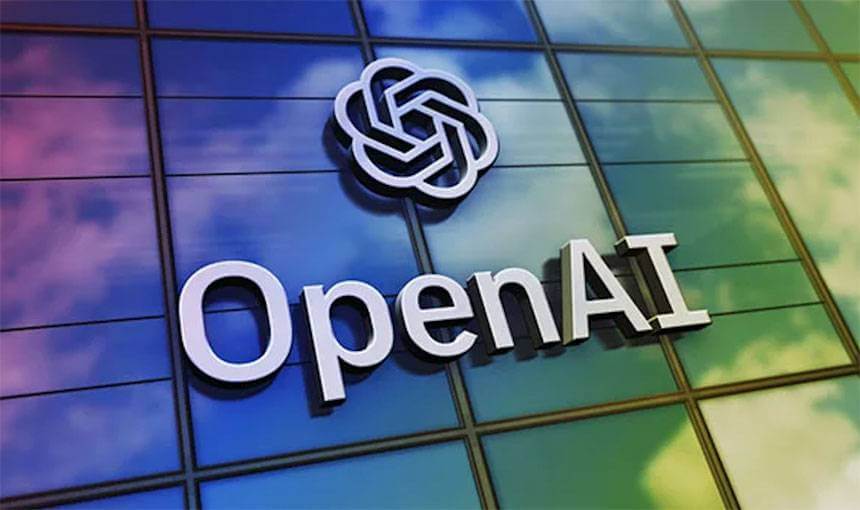The artificial intelligence (AI) industry is currently witnessing an intense battle for top engineering talent, with OpenAI, backed by Microsoft, at the forefront of this competition. In a recent move, OpenAI has enlisted expertise from Tesla and xAI, both companies associated with Elon Musk, further intensifying the talent war. This recruitment drive highlights the increasing demand for skilled AI professionals and the strategic importance of talent acquisition in achieving AI dominance.
OpenAI's recent hiring spree includes key engineers from Tesla and xAI, as well as AI researchers from Meta. David Lau, former Vice President of Software Engineering at Tesla; Uday Ruddarraju, former Head of Infrastructure Engineering at xAI and X; Mike Dalton, an Infrastructure Engineer from xAI; and Angela Fan, an AI Researcher from Meta, have all joined OpenAI. These new hires will be part of OpenAI's scaling team, which manages the backend hardware and software systems, including data centers commissioned under the Stargate project. Reportedly, Ruddarraju and Dalton were involved in building xAI's Colossus, a supercomputer with over 200,000 GPUs.
This talent acquisition move is seen as a strategic effort by OpenAI to enhance its technological capabilities and infrastructure in the race towards achieving Artificial General Intelligence (AGI) and superintelligence. By bringing in experts who have worked on projects like xAI's Colossus, OpenAI aims to leverage their expertise to enhance its own supercomputing projects, such as the Stargate initiative.
The AI talent war has been escalating in recent months, with companies like Meta also actively recruiting AI professionals from various organizations, including OpenAI. Meta's CEO, Mark Zuckerberg, has reportedly offered multi-million dollar contracts to lure top talent, leading to a counter-offensive from OpenAI to retain its employees and attract new ones. This competition has resulted in increased compensation packages and a focus on creating a compelling work environment to attract and retain skilled AI engineers and researchers.
Tesla, under Elon Musk's leadership, has been heavily investing in AI development for various applications, including autonomous driving and robotics. Tesla's AI strategy is characterized by a holistic approach, integrating AI across multiple facets of its operations, from self-driving cars to factory automation. Tesla uses AI for optimizing production schedules, enhancing quality control, and automating repetitive tasks in its factories. The company's commitment to AI innovation is evident in its development of the Dojo supercomputer and its efforts to develop fully autonomous driving technology. The recent integration of Grok AI into Tesla vehicles marks a significant step in enhancing the in-car experience through real-time assistance and smarter navigation.
xAI, also founded by Elon Musk, is focused on building AI systems to help humanity understand the world better. The company's mission is to advance the collective understanding of the universe through AI. xAI's team consists of AI researchers and engineers from various backgrounds, including OpenAI, DeepMind, Google, Microsoft, and Tesla. xAI is actively recruiting experienced engineers and researchers to join its team. The company recently raised $6 billion in Series C funding.
The intensifying battle for AI engineering talent has significant implications for the industry. The competition for skilled AI professionals is driving up salaries and incentives, making it more expensive for companies to attract and retain top talent. However, this competition also fosters innovation and accelerates the development of AI technologies. Companies are increasingly relying on AI-powered tools and strategies to enhance their talent acquisition efforts, including AI-driven candidate sourcing and screening, enhanced candidate matching, and improved candidate experience. This trend is expected to continue as AI becomes increasingly critical for businesses across various industries.















